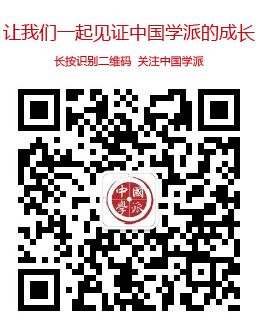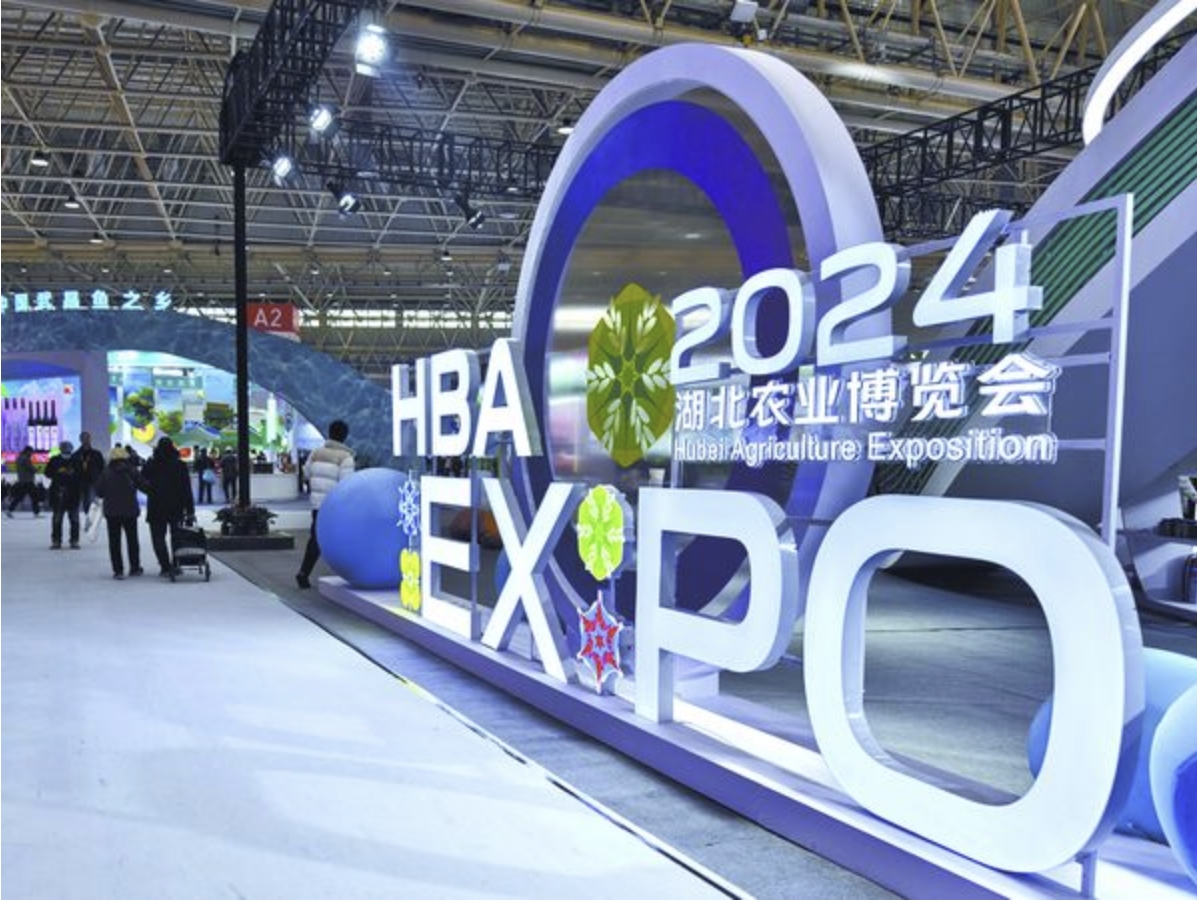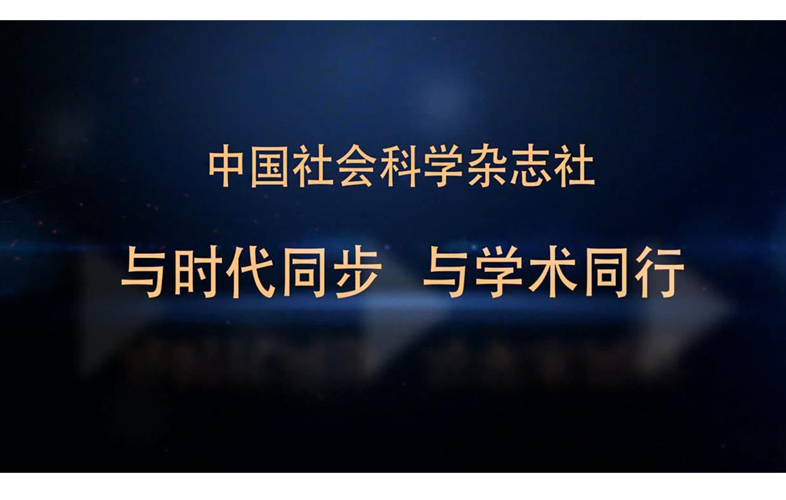Ji Yingying
School of Sociology and Political Science, Shanghai University
Abstract
Community volunteers occupy a unique position, being at the margins of institutional systems but central to public life in communities. They play a crucial role in forming and maintaining primary-level social order. Through life history interviews that explore the spiritual world of community volunteers, this study proposes a typology of community actors: enthusiasts, devotees, the dissatisfied, and neutrals. The first two types broadly constitute what can be termed “community volunteers.” Analyzing the multiple cultural origins that give rise to proactive community actors reveals that the interplay of familial, individual, and danwei (work unit) consciousness is the fundamental driving force behind their engagement in public life. Actors carry the cultural weight of multiple contexts through their life practice, with community an intermediary structure between family and state. This exploration provides a new framework for understanding contemporary Chinese urban community volunteers and community governance, uncovering the consciousness and emotional structures embedded in individual actors by macro-social transformation and highlighting a historical path of primary-level governance modernization in China that is distinct from that of the West.
Keywords: primary-level governance, Chinese modernization, community volunteers, community culture, between family and state



